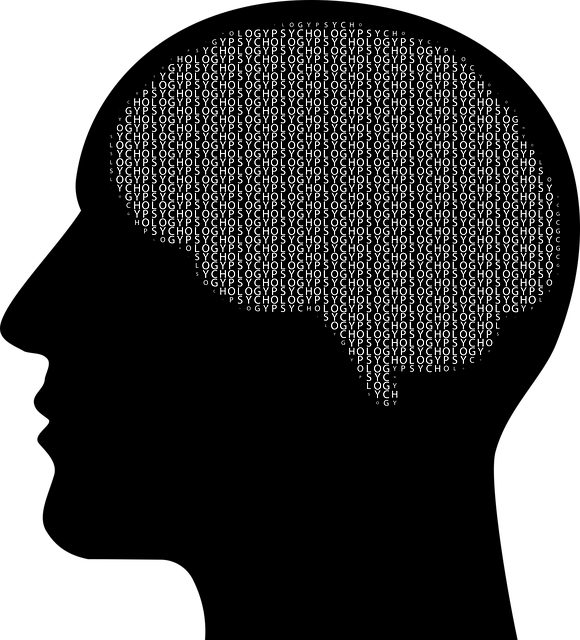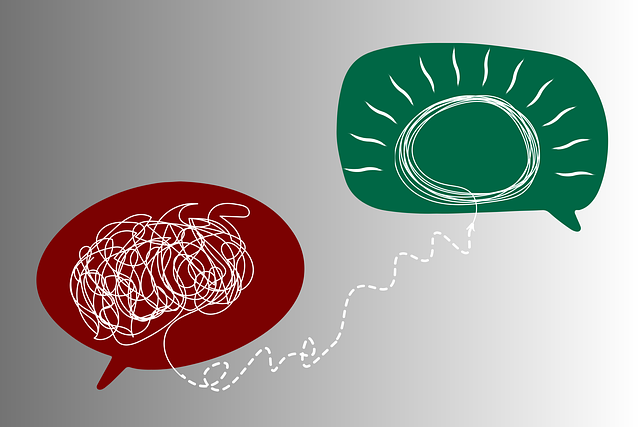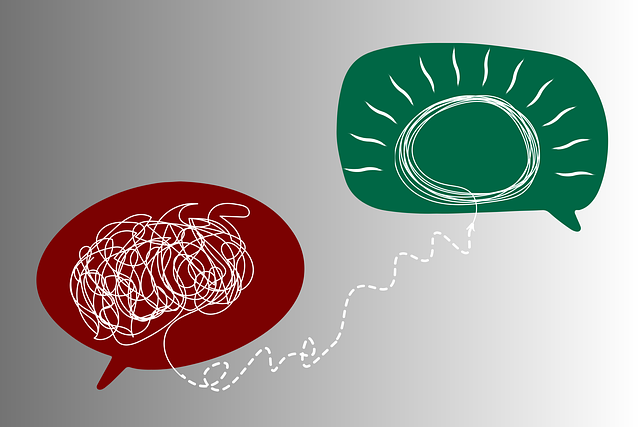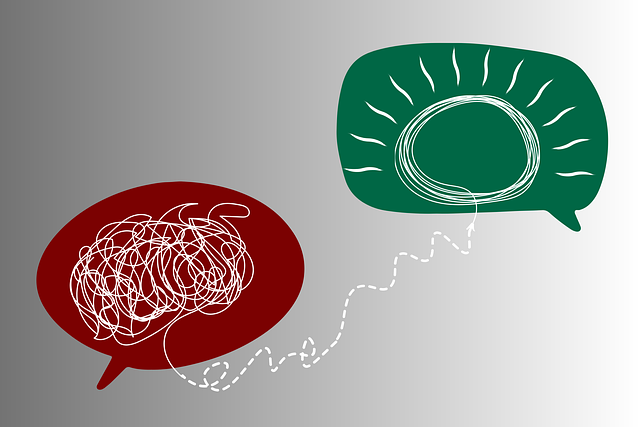Mindfulness meditation is a powerful tool for treating Adult Oppositional Defiance Disorder (ODD), offering a unique approach in modern therapy. By creating a dedicated mindful space and integrating mindfulness into daily life, individuals with ODD can enhance self-awareness, emotional regulation, and social skills. This ancient practice enables them to understand and address the underlying causes of defiant behaviors, fostering personal growth and healthier relationships. For effective ODD therapy, professionals guide individuals through structured meditation sessions and encourage a mindset of present-moment awareness in daily activities, leading to improved impulse control and better interactions.
“Unwind and transform your life with mindfulness meditation, a powerful therapy for adults with Oppositional Defiance Disorder (ODD). This practice offers a peaceful sanctuary from daily stressors. Our guide takes you on a journey through setting up a mindful space, mastering techniques, and integrating this practice into your routine. Discover how mindfulness can enhance focus, reduce impulsivity, and foster emotional regulation—key aspects in managing ODD symptoms. Embrace a calmer, more balanced life with these practical steps.”
- Understanding Mindfulness Meditation and its Benefits for Adult ODD
- Creating a Mindful Space: Setting Up Your Meditation Practice
- Techniques to Master: Guiding Yourself Through a Session
- Integrating Mindfulness into Daily Life: Sustaining the Practice Beyond Sessions
Understanding Mindfulness Meditation and its Benefits for Adult ODD

Mindfulness meditation is a practice that encourages individuals to focus on the present moment, observing their thoughts and emotions without judgment. It involves cultivating awareness of one’s breath, bodily sensations, and surroundings, leading to a deeper understanding of oneself. This ancient technique has gained prominence in modern therapy as an effective tool for various mental health concerns, including Adult Oppositional Defiance Disorder (ODD). By integrating mindfulness meditation into therapeutic practices, professionals offer a unique approach to treating ODD symptoms.
The benefits of mindfulness meditation for adults with ODD are significant. It helps individuals develop better self-awareness, enabling them to recognize and manage impulsive behaviors often associated with the disorder. Through regular practice, one can foster inner strength and resilience, leading to improved emotional regulation. Additionally, mindfulness supports social skills training by promoting empathy and understanding in interpersonal interactions, which is crucial for those struggling with ODD. Self-awareness exercises within mindfulness meditation allow individuals to explore underlying causes of their defiant behaviors, fostering personal growth and healthier relationships.
Creating a Mindful Space: Setting Up Your Meditation Practice

Creating a mindful space is an essential step in establishing a successful meditation practice, especially for individuals navigating Oppositional Defiance Disorder (ODD). In today’s fast-paced world, carving out a dedicated area for mindfulness can act as a form of therapy, facilitating emotional healing processes. Begin by transforming a quiet corner of your home into a sanctuary where you can retreat to find inner peace. This space should be free from distractions and clutter, fostering an atmosphere conducive to reflection and relaxation. Consider incorporating elements that resonate with you—perhaps soft lighting, soothing scents, or meaningful artifacts that inspire calmness.
A consistent and comfortable setting enables regular practice, allowing you to cultivate compassion cultivation practices and develop a deeper connection with yourself. Imagine this space as your personal haven, where you can escape the chaos of daily life and engage in activities promoting mindfulness. By doing so, you’re not just setting up a meditation spot; you’re investing in your emotional well-being, which is particularly valuable for those seeking alternative therapies for ODD.
Techniques to Master: Guiding Yourself Through a Session

Guiding yourself through a mindfulness meditation session is an art that can be mastered with practice and patience. Begin by finding a quiet, comfortable space where you won’t be disturbed. Set a timer for a duration suitable to your needs, ranging from as little as 5 minutes to longer sessions. Focus on your breath—inhale deeply, exhale slowly. This simple act anchors you in the present moment and serves as a touchstone when your mind wanders, which it inevitably will.
As thoughts emerge, gently guide your attention back to your breath without judgment. Visualize each inhale and exhale as a chance to cultivate self-awareness and mental clarity. Remember, mindfulness is not about stopping thoughts but learning to observe them impartially. This practice can significantly aid individuals dealing with Oppositional Defiance Disorder (ODD) by offering a therapeutic tool for managing impulses and improving overall mental wellness. Incorporate regular sessions into your routine alongside Mental Wellness Coaching Programs and Self-Awareness Exercises for optimal benefits.
Integrating Mindfulness into Daily Life: Sustaining the Practice Beyond Sessions

Integrating mindfulness into daily life is a key aspect of sustaining its benefits beyond structured meditation sessions. It’s not merely about setting aside time for formal practice; it’s about embracing mindfulness as a way of being. This involves cultivating present-moment awareness in everyday activities like eating, walking, or even waiting in line. For individuals with Oppositional Defiance Disorder (ODD), this integration can be transformative. By applying mindfulness, they learn to observe and accept their thoughts and emotions without judgment, fostering better impulse control and reducing behavioral challenges.
Mindfulness practice also extends to interactions with others, promoting empathy and understanding. This is particularly relevant in the context of therapy for adults with ODD, where building positive relationships is crucial. Mental health professionals can support clients in developing cultural sensitivity and risk management planning, ensuring that mindfulness becomes an integral part of their overall mental healthcare strategy. Public awareness campaigns can further play a role by educating communities on the benefits of mindfulness, thereby encouraging its integration into daily routines for improved mental well-being.
Mindfulness meditation offers a powerful tool for adults with Oppositional Defiant Disorder (ODD), providing a way to manage symptoms and improve overall well-being. By creating a dedicated space, mastering simple techniques, and integrating mindfulness into daily routines, individuals can cultivate a sense of calm and enhance their ability to navigate life’s challenges. This practice, when consistently applied, has the potential to revolutionize how adults with ODD interact with themselves and others, fostering positive change and promoting a more balanced lifestyle.









